There are more than 1,000 content management systems in the world. Choosing a content management systems or CMS that’s the perfect fit for your company is as challenging as finding the right CEO - and it could have just as much impact on your bottom line.
Your CMS has to handle many complex tasks. It must stay up to date with search engine requirements, support a good looking website, allow mobile responsive web design, help increase your conversion rate, and provide a positive user experience. Plus, it has to fit your budget and scale.
Here’s an overview of some of the most popular CMS tools. Which is the best fit for your organization?
WordPress
WordPress is the most used CMS in the world. It’s known for having a robust array of features and for integrating fairly seamlessly with most other well-known tools and systems you’ll need to use.
WordPress is designed for modern website design so you can run a stylish and intuitive site. The main criticism of WordPress is that it’s easily bloated with extras and features that make it run too slowly.
It’s certainly designed for mass appeal, so it might not be the right choice for your specific company. In fact, some people dislike WordPress merely because they’ve used it before and became frustrated with it for one reason or another.
HubSpot
HubSpot is a combined CMS and CRM - customer relationship management system. If your company uses HubSpot to manage its customer data, using it as your CMS too could make sense.
As a company, HubSpot has gained a reputation for offering solutions that appeal to small businesses and startups. It’s also one of the internet’s consistent producers of fresh content, which may or may not be a big deal to your company.
HubSpot is a good choice if marketing automation is a top priority for your business. It allows you to easily schedule and publish content across customer segments.
Joomla
While Joomla doesn’t have the highest name recognition in the marketplace, it’s still a very popular CMS. It’s free and open-source, and it supports any basic e-commerce business so it’s worth giving it a chance.
Joomla’s main disadvantage is that it isn’t WordPress. If you expect the same level of functionality and compatibility, you’ll be disappointed. Plus, you’ll likely need a custom web developer to allow this CMS to do any kind of unique functionality you need for your business.
But it can handle all the basics of good web design and most people find it fairly easy to use. If you’ve tried another CMS and didn’t like it, Joomla could be good CMS to try next.
Magento
This is another popular option for e-commerce stores. It’s very mobile-friendly and its features come closer to WordPress-level functionality than most of its competitors.
However, Magento can be time-consuming to learn and maintain. And it’s not free, although it does have a very scaled-down trial version.
Like Joomla, you may need help from a web developer to customize it for your business. This might not be the best choice if your company just needs a basic website and you’ll never use most of its more complex features.
Drupal
Drupal is an extremely powerful and customizable CMS that is also more challenging to use for people without any programming knowledge. The average person probably won’t be able to take full advantage of it and might get a bit frustrated with it.
Having said that, if you’re a developer or if you have a talented developer on staff, Drupal may be an excellent choice. This is especially true if your business is highly technical and might need a seriously powerful CMS. MIT and Johnson & Johnson both use it.
Shopify
Are you surprised to see this one on the list? Most people don’t think of Shopify as a CMS, but it is one - sort of. For an e-commerce business, Shopify can handle transactions, manage customer information and interactions, and serves as a de facto company website.
Shopify can help you publish content too. You can use it to share product information, reviews, blog posts, and many other types of content. It also comes with easy social media integration.
Go with this option if you are comfortable allowing your entire web presence to be a Shopify storefront. For many small and product-oriented online businesses, that’s just fine.
Need Help Choosing? We’re Happy to Help.
Is your head is spinning from all the CMS choices? 11outof11 can help. We assist our clients with making smart web design and development choices every day, and we’re always here to support your site’s success.






.png)






